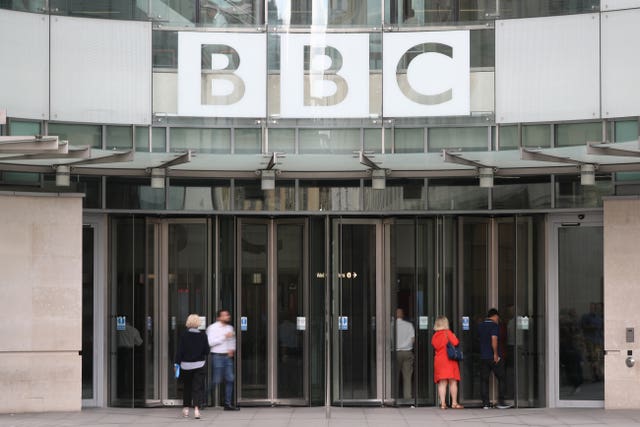BBC newsreader Kate Williams reveals rare cancer diagnosis
She was diagnosed with cystic peritoneal mesothelioma, which affects the abdominal cavity, last summer.

BBC newsreader Kate Williams has revealed that she was diagnosed with a rare form of cancer last summer.
Williams, who appears on BBC Radio 5 Live, made the announcement on the station’s You, Me and The Big C podcast.
She said she knew of only three other people who suffered from cystic peritoneal mesothelioma, which affects the abdominal cavity, and that doctors had quoted only 153 cases worldwide.
Williams, who is married with two children, said she underwent “the mother of all surgeries” to combat the disease.
She said: “If you look at the medical literature, they often quote 153 cases in the world.
“And in the UK I know of three other people, mainly through a Facebook group that I joined.
“If you look at mesothelioma it’s not a nice one to look at. It’s very aggressive, malignant, quite often caused by asbestos.”
Discussing her course of surgery, she said: “It’s called MOAS, mother of all surgeries.

“It’s official name is cytoreductive surgery with HIPEC – which is hyperthermic intraperitoneal chemotherapy.
“So they took out the cervix, uterus, fallopian tubes, ovaries, greater omentum, lesser omentum, pelvic peritoneum, another bit of my peritoneum.
“I was really lucky I didn’t have a stoma. And then they pump you full of heated chemotherapy which has been heated up to 42 Celsius, so that circulates around inside you for about an hour.
“I keep saying I’m lucky or it wasn’t too bad, my surgery was only about six hours, which you know, people say ‘oh six hours’ but some patients who have this it’s 12 to 14 hours.”
She spoke alongside hosts Deborah James, Lauren Mahon and Steve Bland.
Dr Paul Huang, a team leader in molecular and systems oncology from the Institute of Cancer Research, also appeared.
The full interview is available on BBC Sounds now.





